calculate solar power
Calculate Solar Power: A Comprehensive Guide to Solar Energy Storage and Management
In recent years, the global shift toward renewable energy has accelerated, with solar power leading the charge. As individuals and businesses seek to reduce their carbon footprint and adopt sustainable energy solutions, understanding how to calculate solar power needs has become essential. This article delves into the intricacies of solar energy storage, highlighting the importance of lithium-ion battery solutions and advanced home energy management systems.

The Growing Demand for Solar Energy Storage
According to the International Energy Agency (IEA), solar power is expected to account for over 60% of global renewable energy capacity additions by 2030. This rapid growth underscores the need for efficient solar energy storage solutions. Lithium-ion batteries have emerged as the preferred technology for storing solar power due to their high energy density, long cycle life, and scalability.
But calculating solar power requirements isn’t just about choosing the right battery; it involves understanding your energy consumption patterns, system efficiency, and storage capacity. By accurately calculating solar power needs, you can optimize your storage system and maximize the return on your investment.
How to Calculate Solar Power Needs
Understand Your Energy Consumption: Begin by analyzing your household’s daily energy usage. This can be done by reviewing your past electricity bills or using smart meters. Calculate the total kilowatt-hours (kWh) consumed per day.
Determine Peak Demand: Identify the time of day when your energy consumption is highest. This will help you design a system that can meet peak demands while ensuring optimal use of stored solar power.
Consider System Efficiency: Factors like panel efficiency, inverter losses, and battery efficiency must be accounted for. For example, if your solar panels have an efficiency of 20% and your inverter operates at 95% efficiency, your overall system efficiency may be around 19%.
Calculate Battery Capacity: Once you have your daily energy needs, you can determine the required battery capacity. A general rule of thumb is to store at least two days’ worth of energy to ensure reliability, especially on cloudy days or during night times.
The Role of Lithium-Ion Batteries in Solar Storage
Lithium-ion batteries have revolutionized solar energy storage. Their ability to deliver high power output with minimal energy loss makes them ideal for both residential and commercial applications. For instance, lithium-ion battery solutions can store excess solar energy during the day and discharge it when needed, ensuring a consistent energy supply.
One of the key advantages of lithium-ion batteries is their scalability. Whether you need a small system for a single-family home or a large-scale installation for a commercial building, lithium-ion batteries offer a flexible solution. According to BloombergNEF, the global lithium-ion battery market is expected to grow by over 800 GWh by 2030, emphasizing their pivotal role in the renewable energy transition.
Home Energy Hub: A Smart Approach to Energy Management
A Home Energy Hub is an integral component of any modern solar energy system. This smart device acts as the central controller, monitoring energy production, storage, and consumption in real-time. By integrating Home Energy Hub with your lithium-ion battery system, you can achieve seamless energy management and optimize your solar power usage.
For example, a Home Energy Hub can automatically switch to stored battery power during peak grid demand times, reducing your reliance on the grid and lowering electricity costs. Additionally, many Home Energy Hubs come with mobile apps, allowing you to monitor and control your energy system from anywhere.
Overcoming Supply Chain Challenges
The global transition to renewable energy has brought about significant challenges in the supply chain, particularly in the production of lithium-ion batteries. Key materials such as lithium, cobalt, and nickel are critical for battery manufacturing, and their supply is often constrained by geopolitical tensions and environmental concerns.
To address these challenges, companies like BasenPower are investing in sustainable supply chain practices and exploring alternative materials. By ensuring a reliable and ethical supply of raw materials, BasenPower is committed to delivering high-quality lithium-ion battery solutions that meet the growing demand for solar energy storage.
Calculating solar power needs is a crucial step in designing an efficient and reliable solar energy system. By understanding your energy consumption, choosing the right battery technology, and utilizing advanced energy management systems, you can maximize the benefits of solar power. As the global energy landscape continues to evolve, innovative solutions like lithium-ion battery systems and Home Energy Hubs will play a vital role in achieving a sustainable future.
BasenPower is at the forefront of this transformation, offering cutting-edge lithium-ion battery solutions and integrated energy storage systems. With BasenPower, you can achieve energy independence, reduce your carbon footprint, and future-proof your energy needs. For more information on our products and services, visit BasenPower.com.

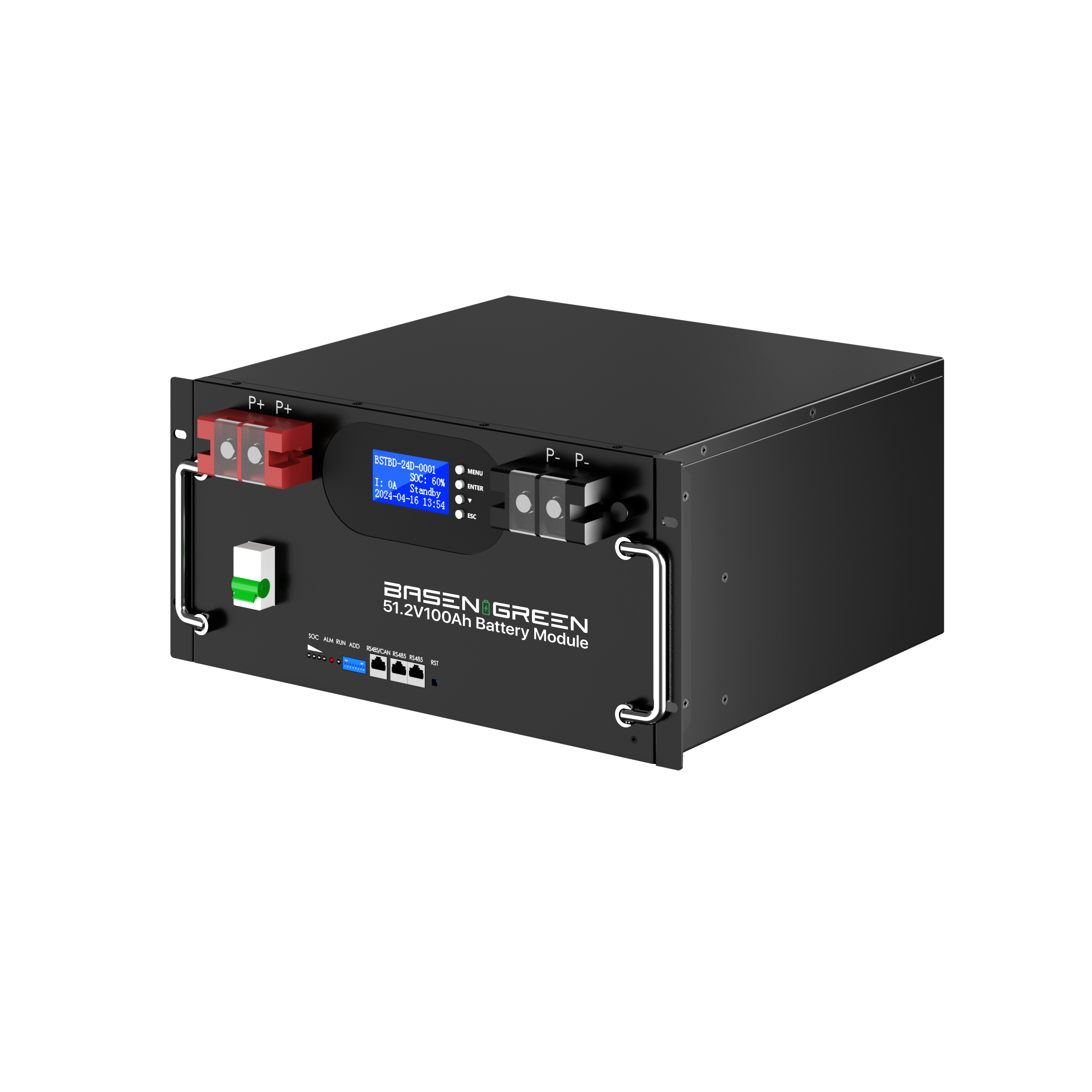
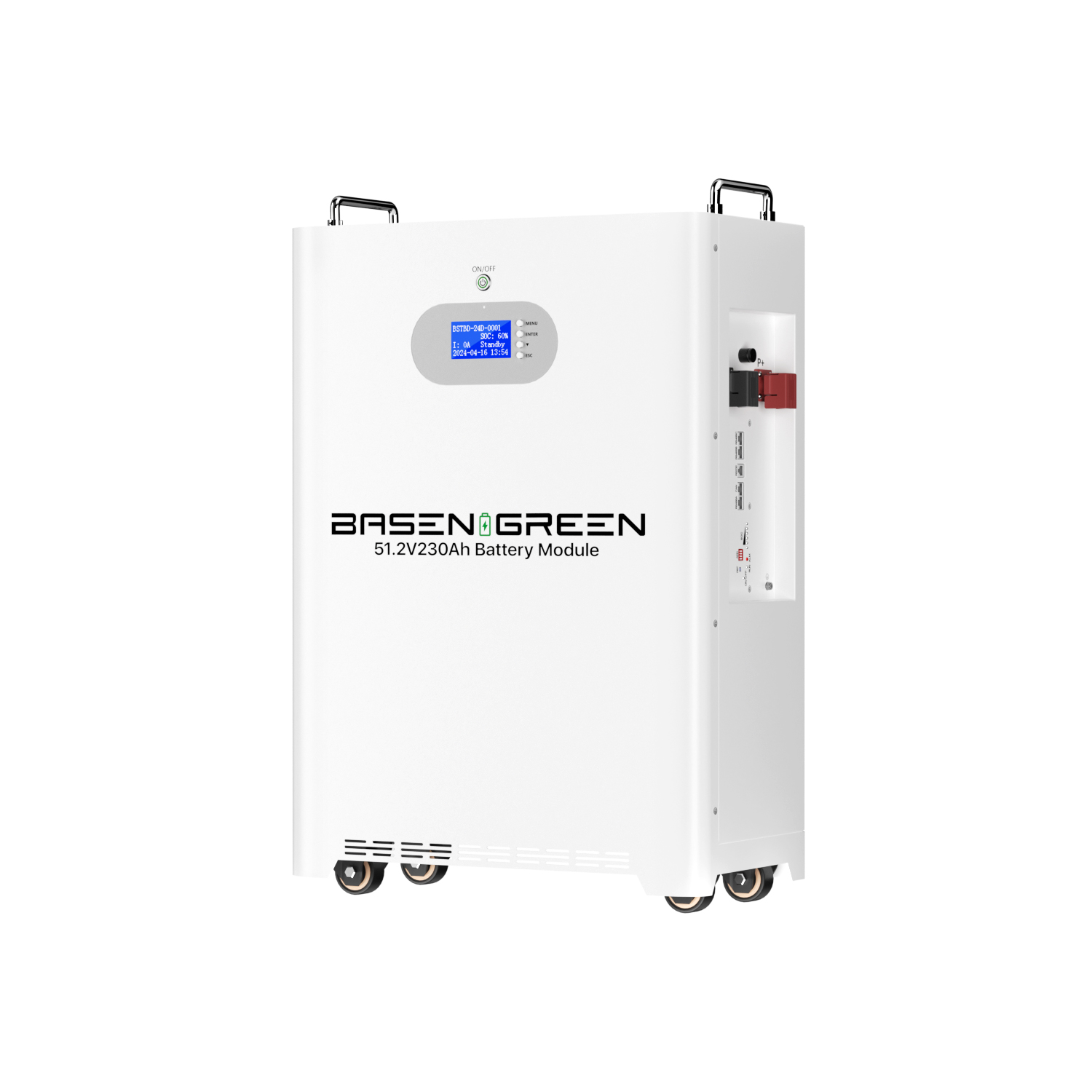
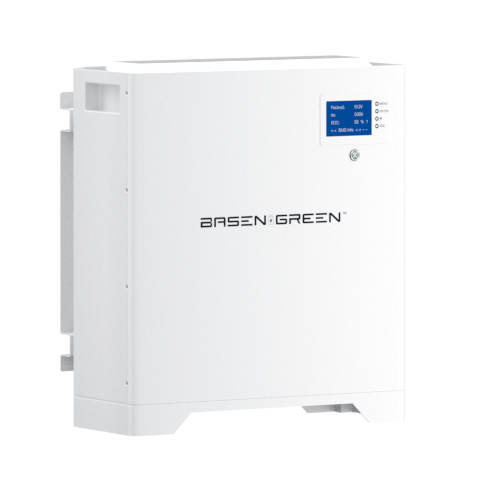
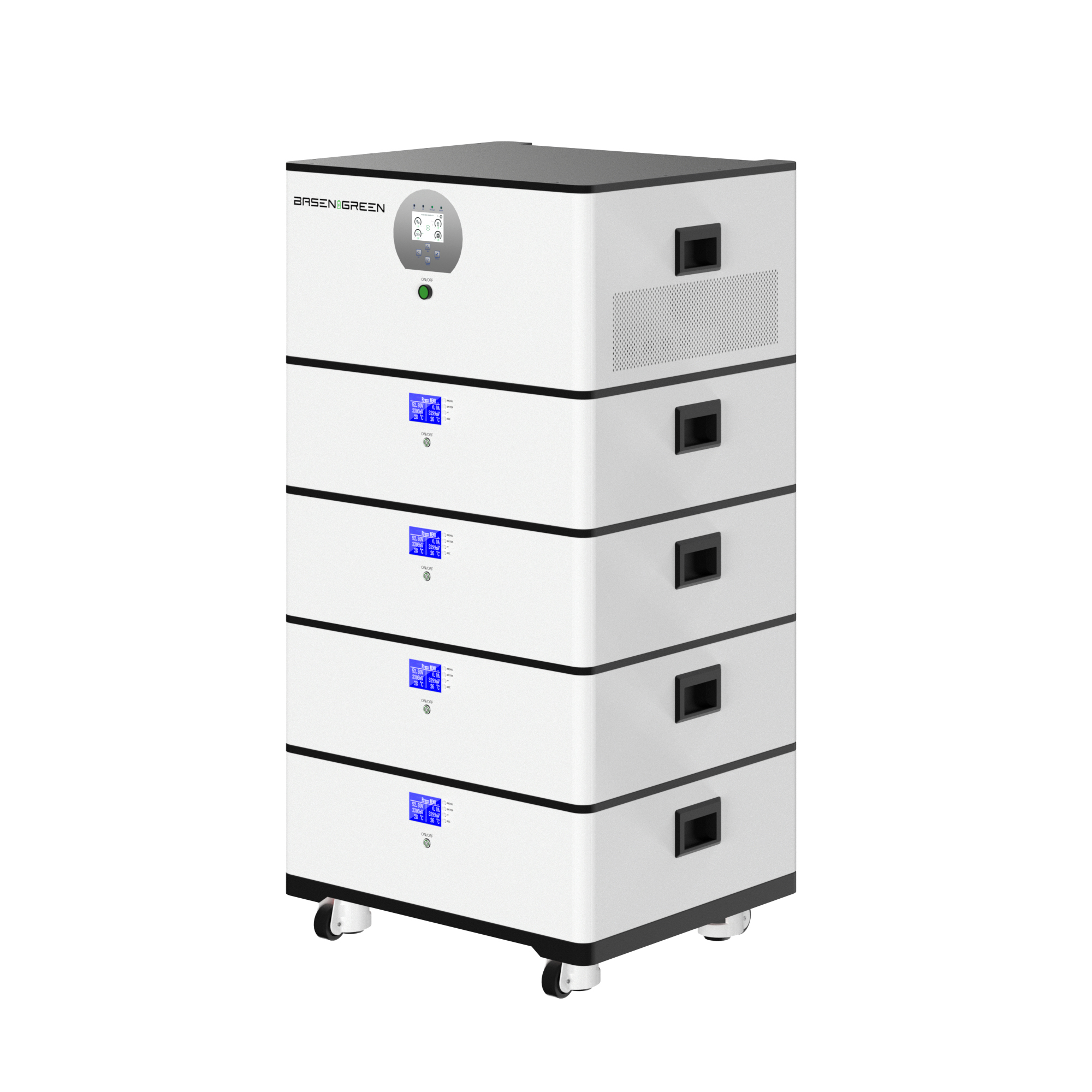

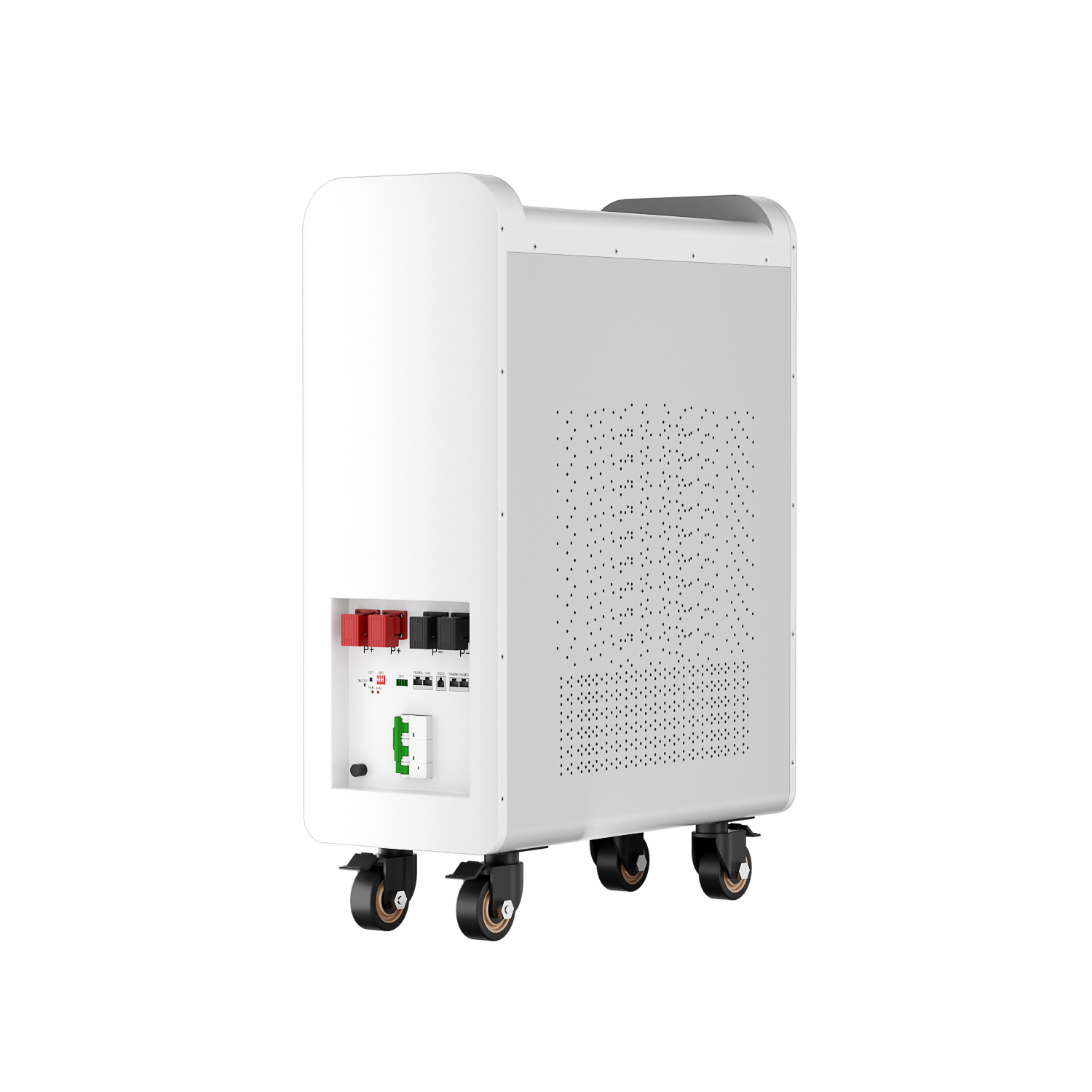
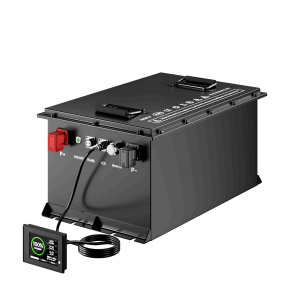
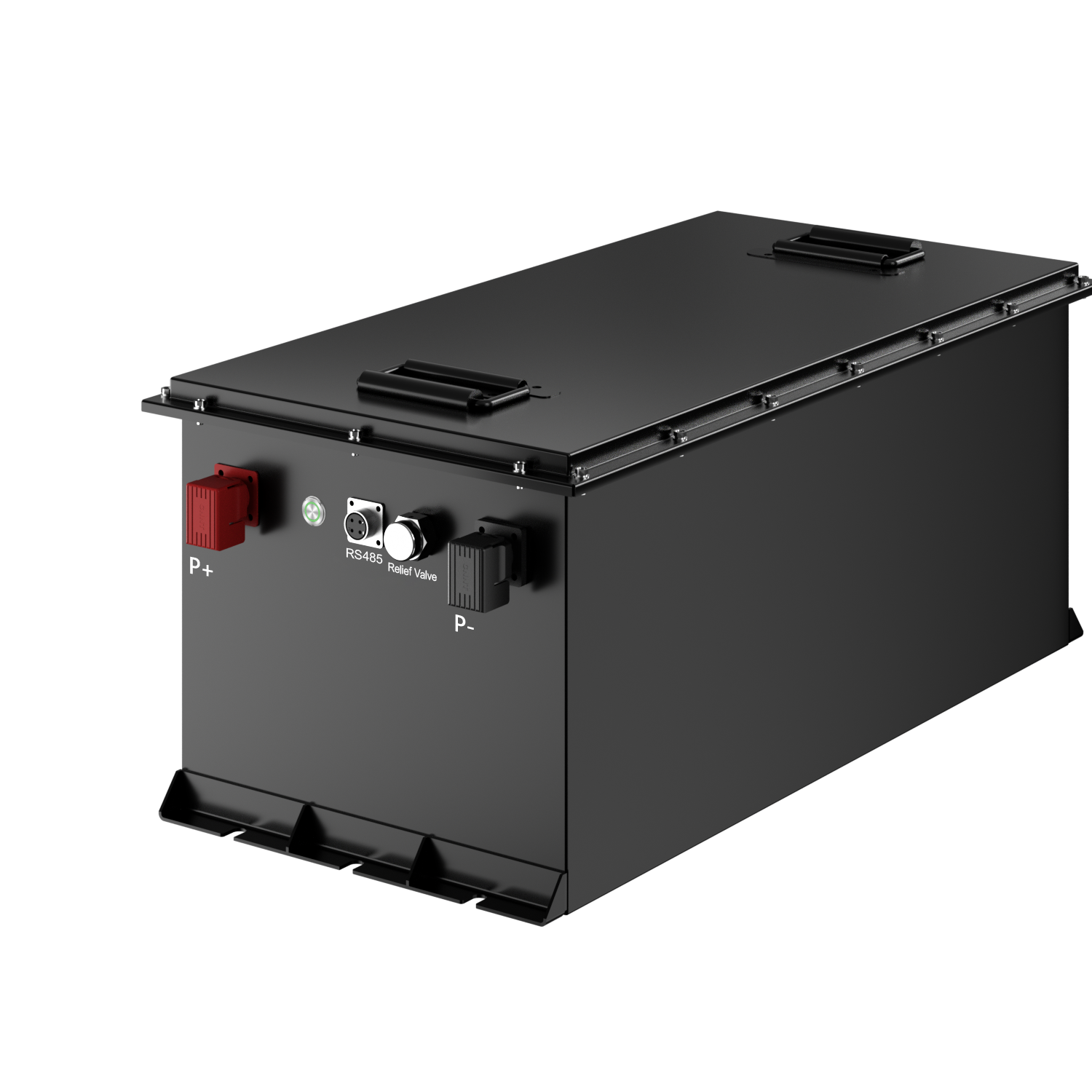
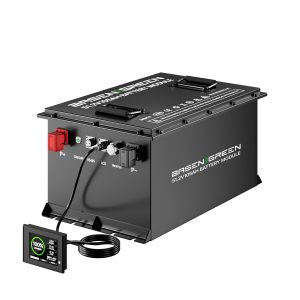
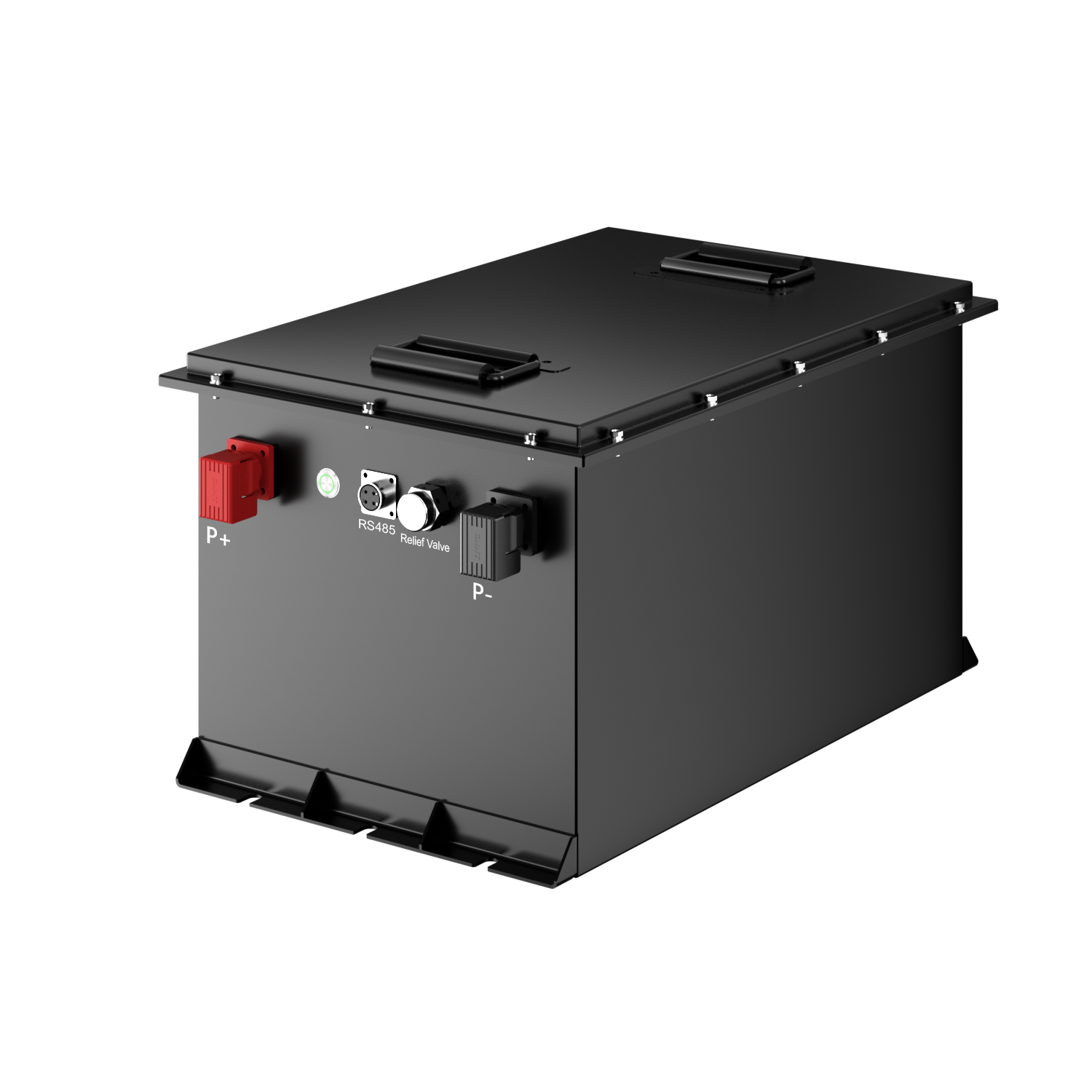
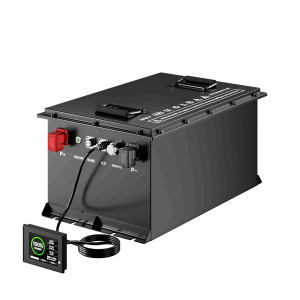
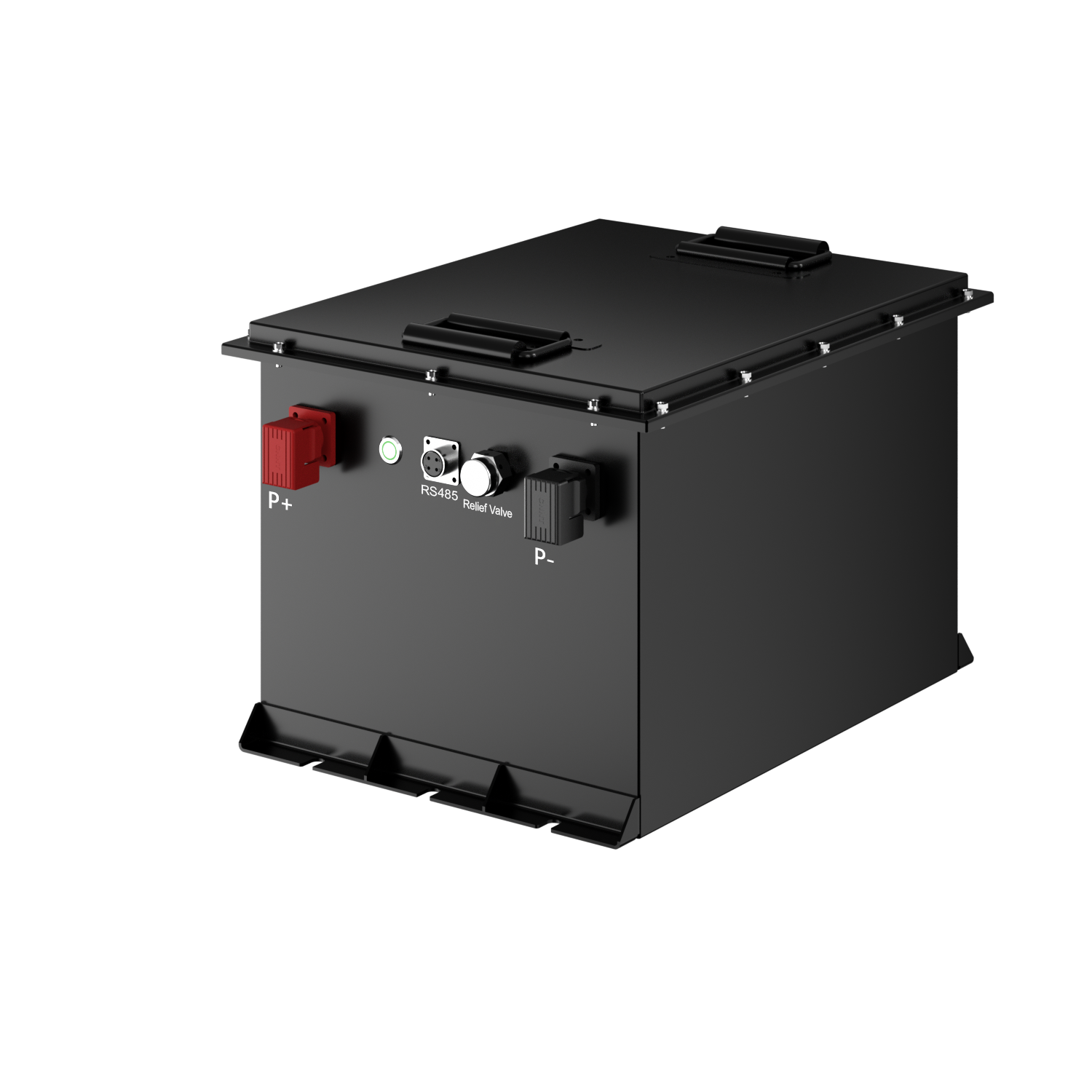
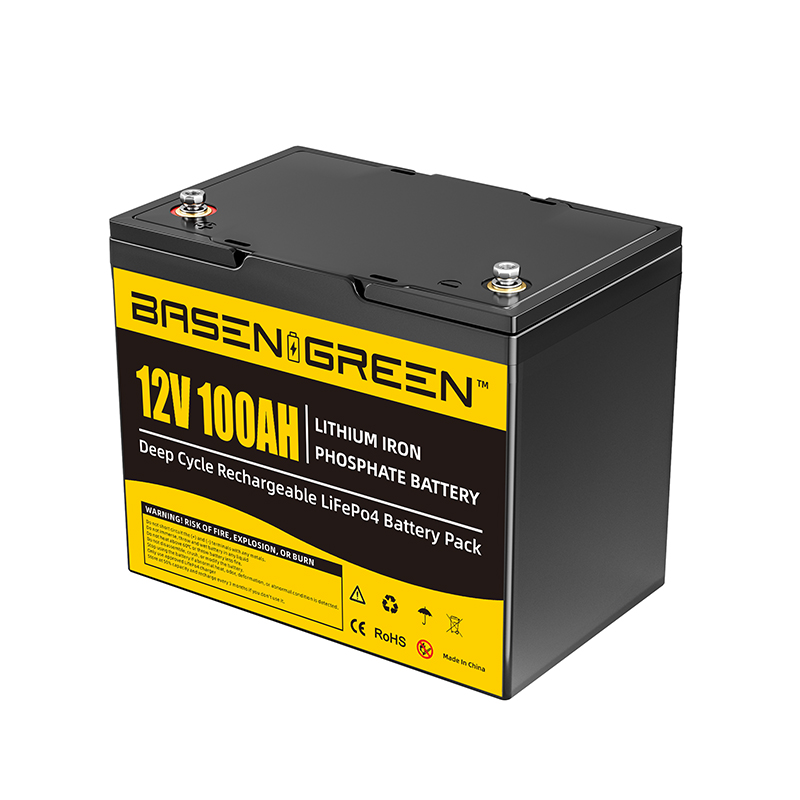

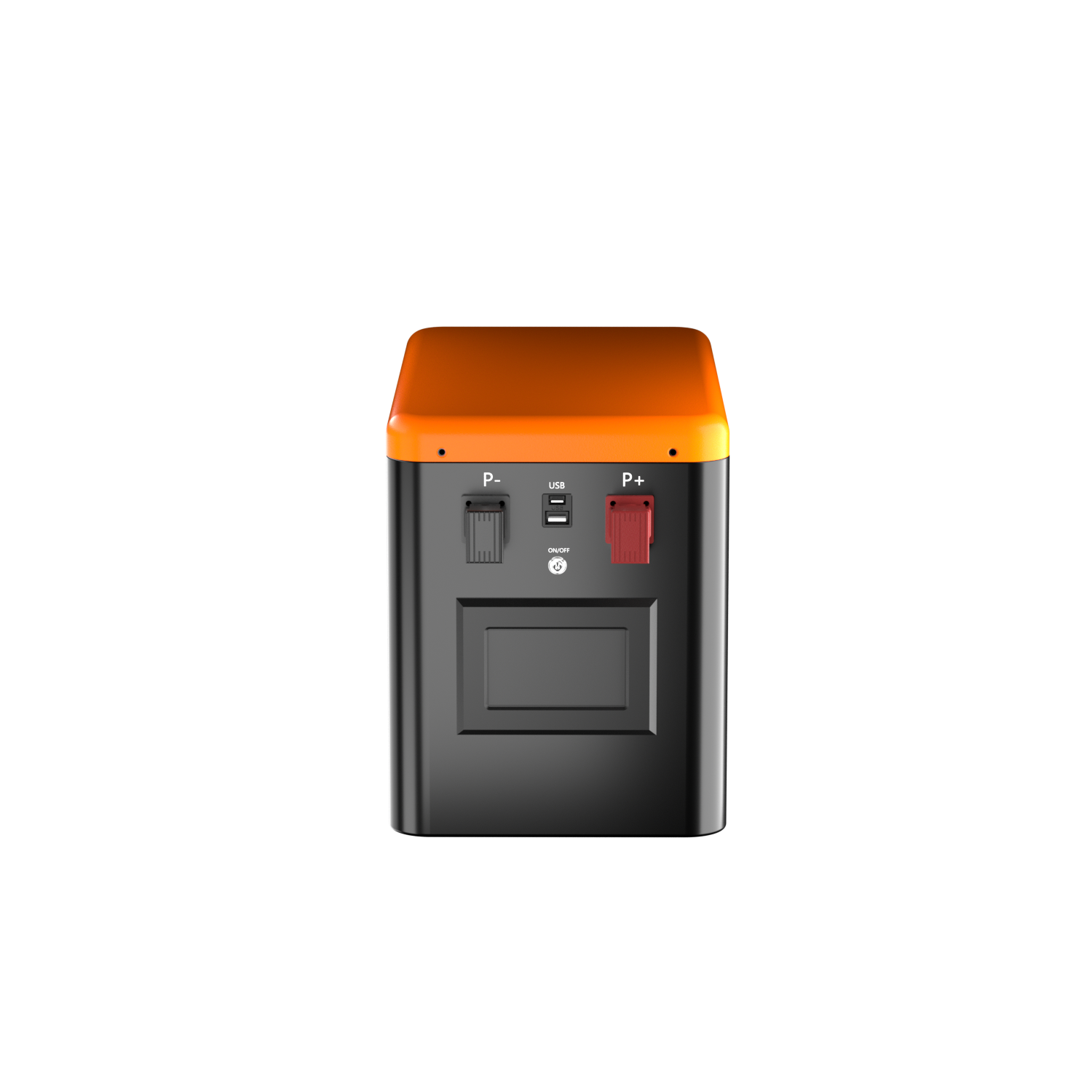
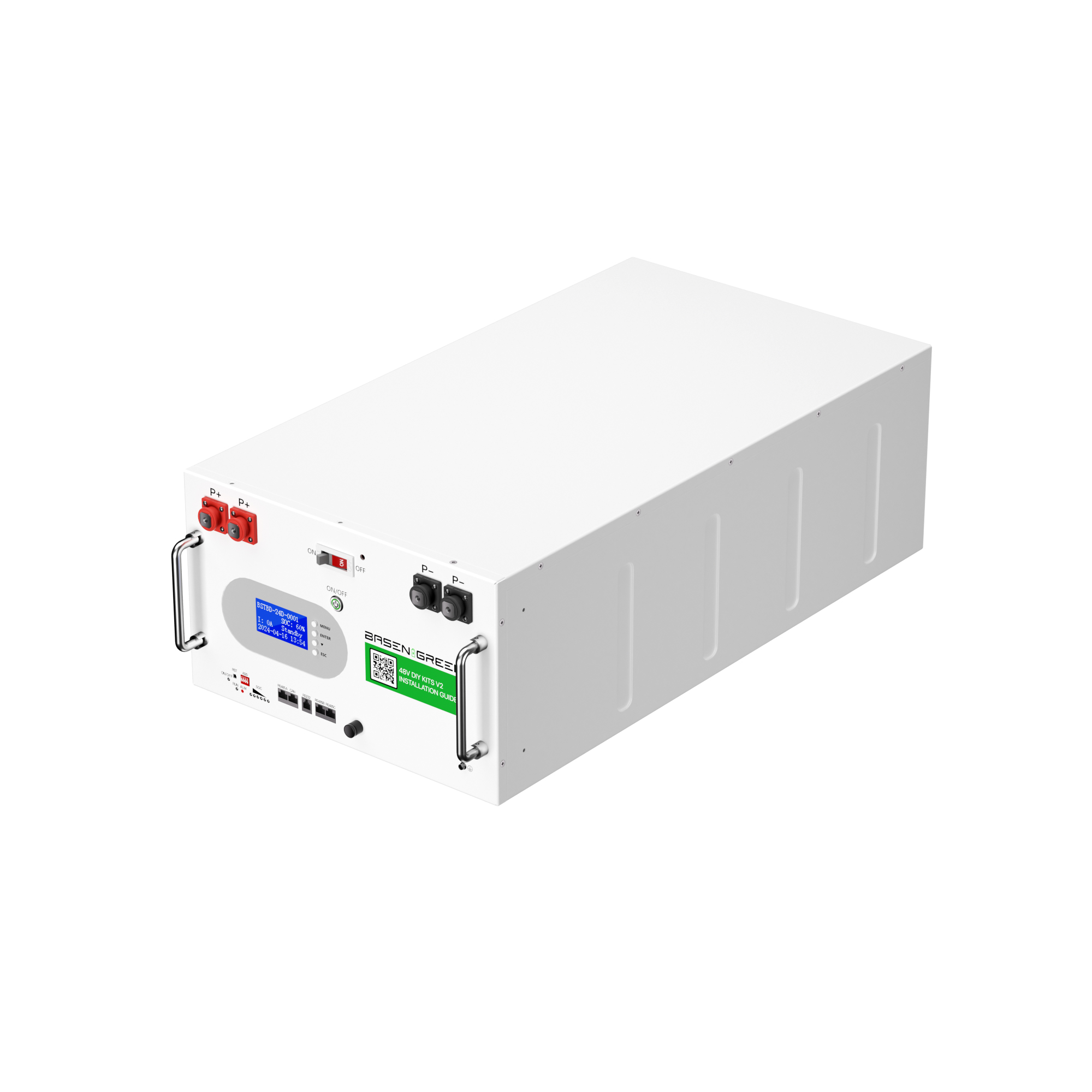
.png)